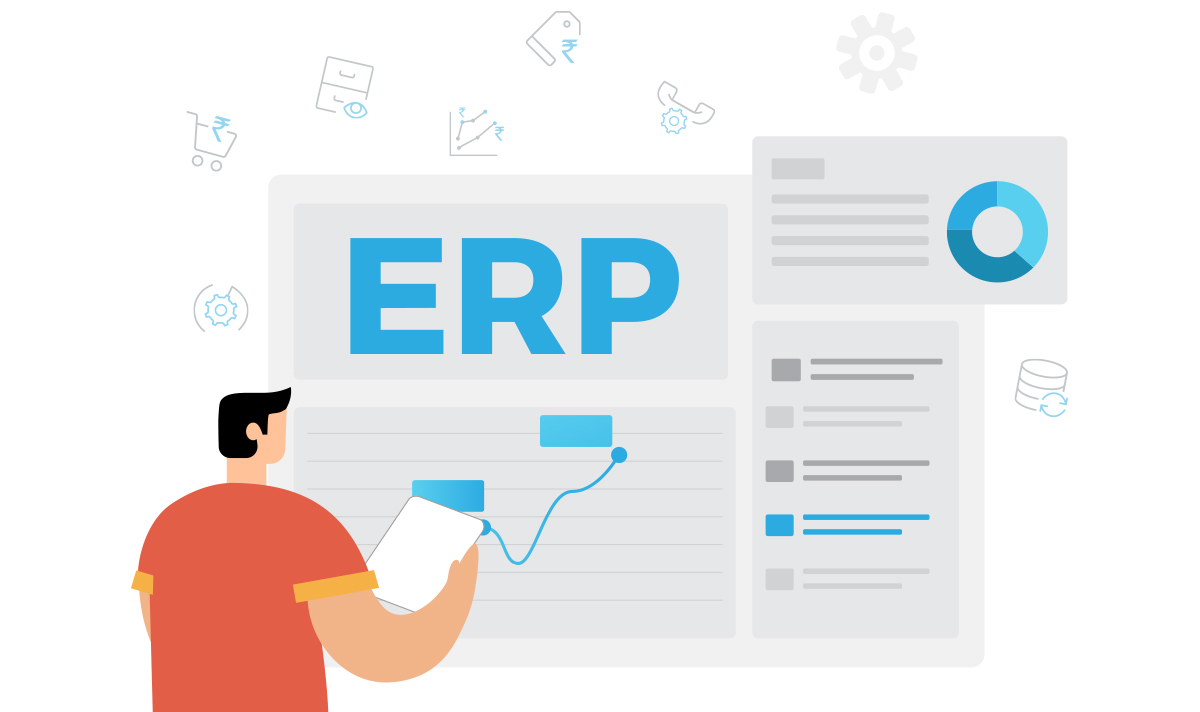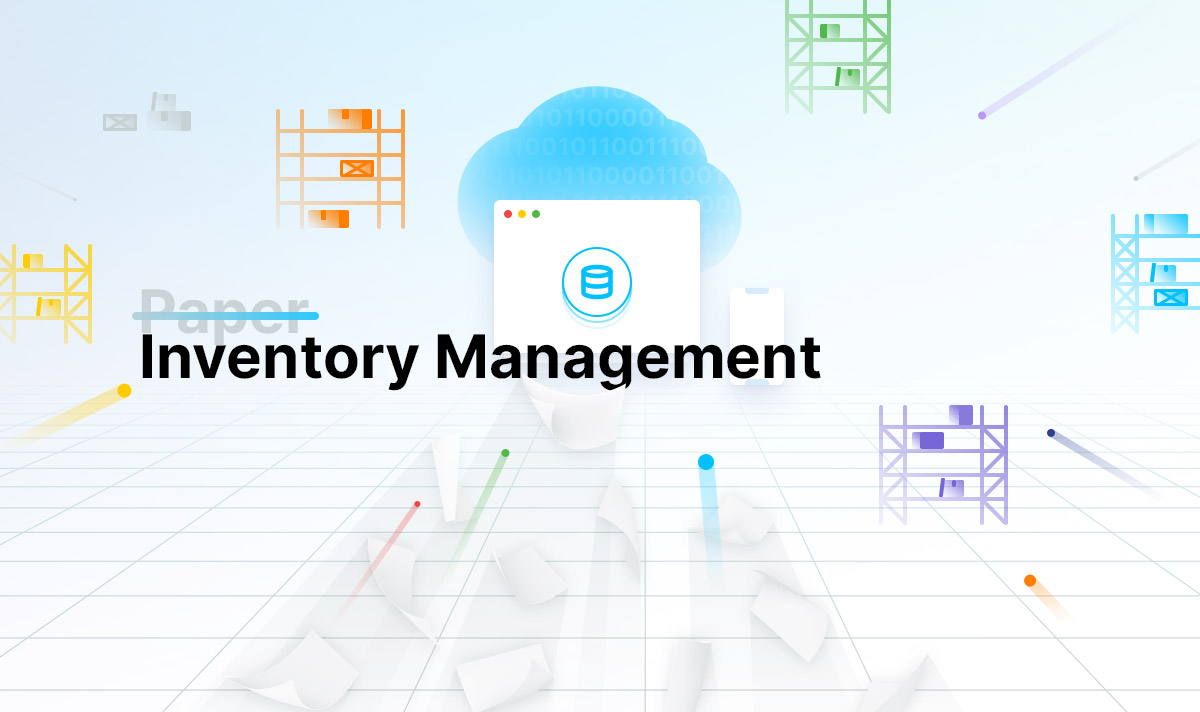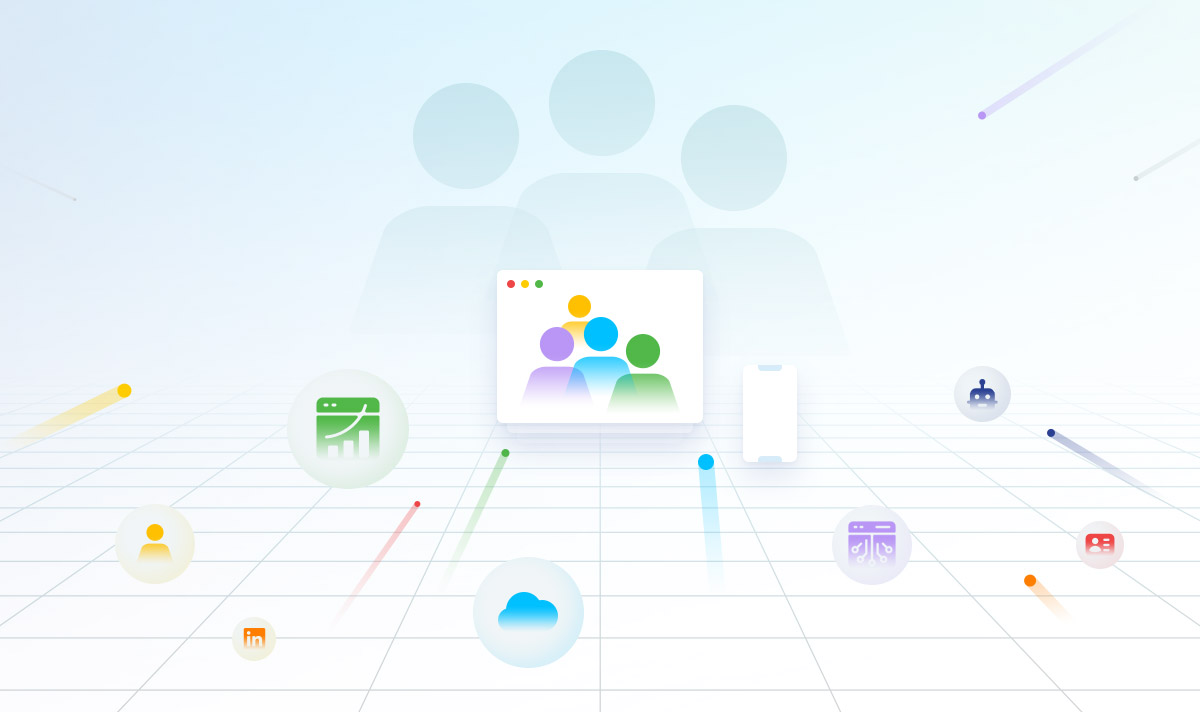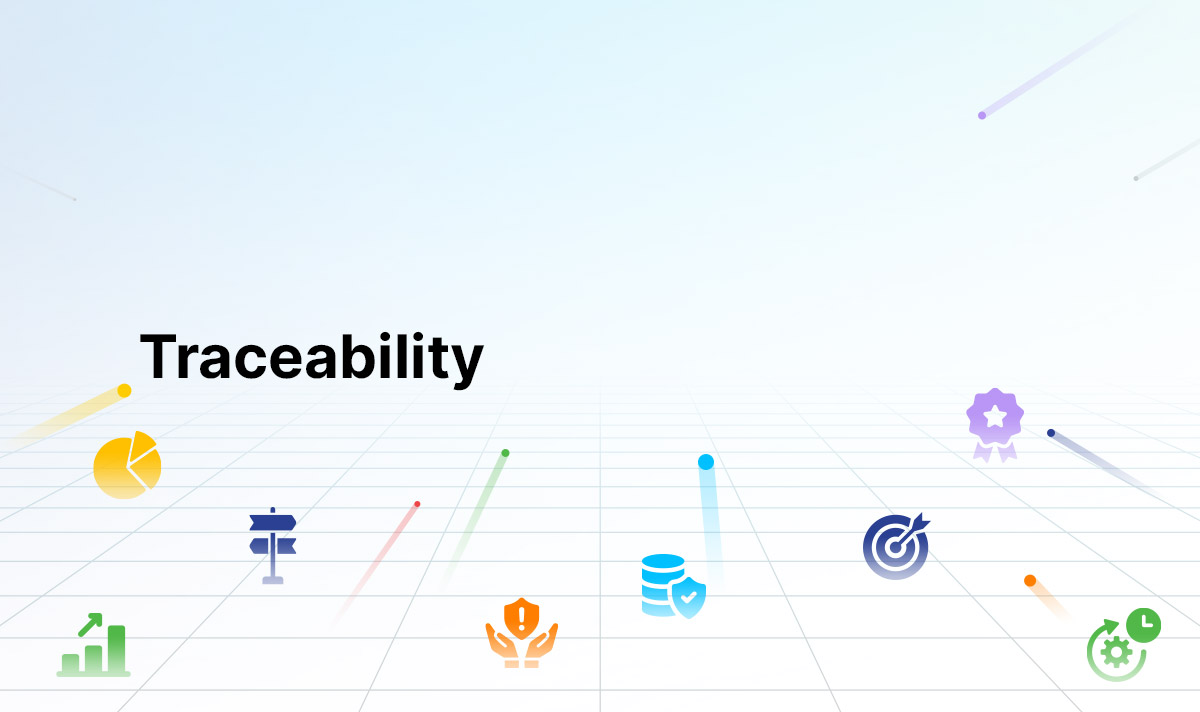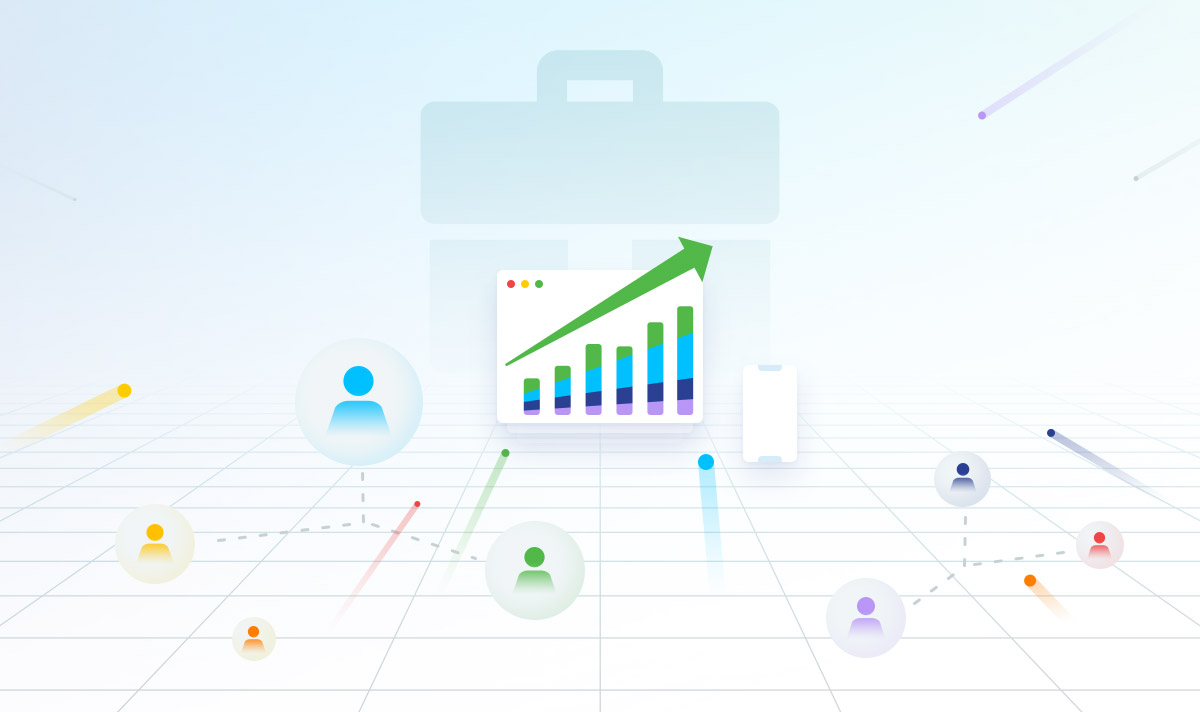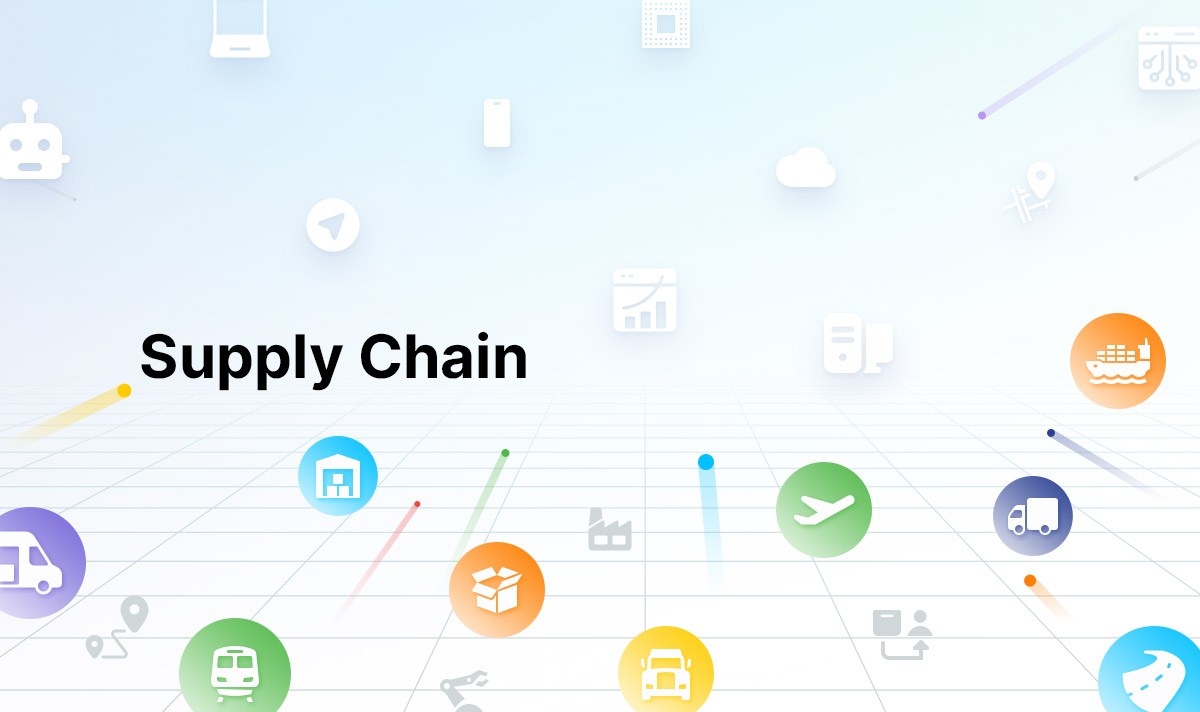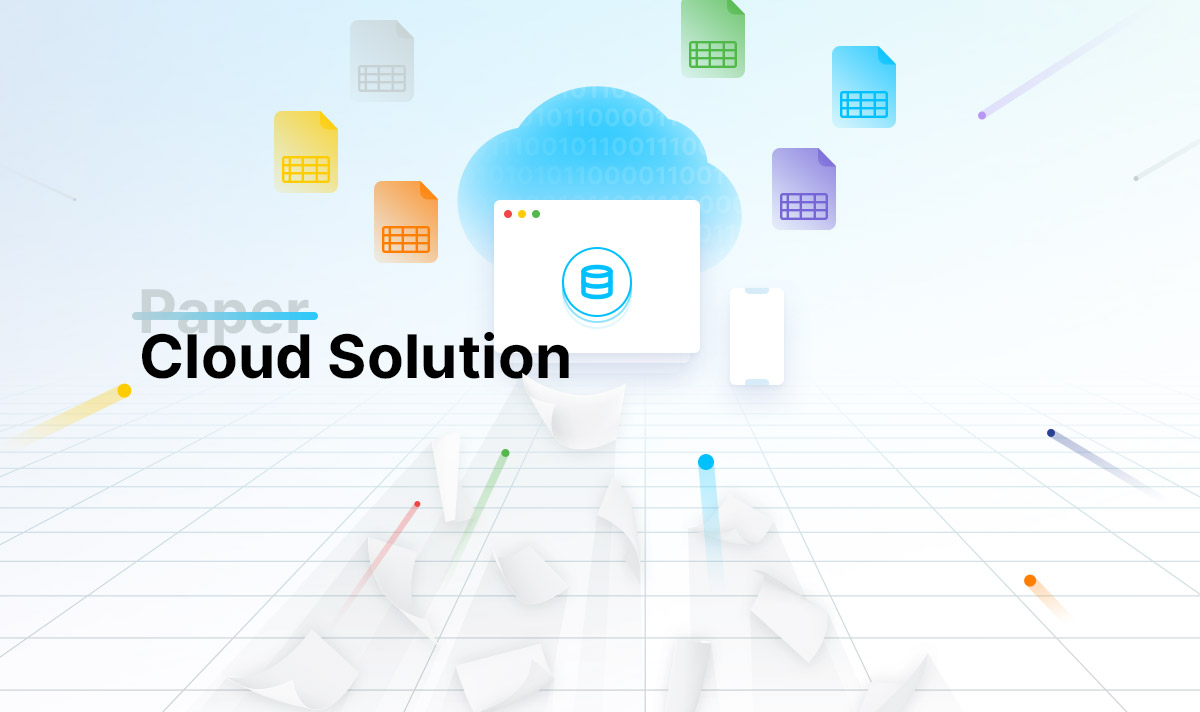ERP stands for “Enterprise Resource Planning” and refers to a type of software or system used by a company to plan and manage daily activities such as HR, supply chain, manufacturing, services, financials and other processes. In simple words ERP is the bunch of Modules or departments which are linked with a proper process.
Using good ERP software properly, company can improve & optimize the majority of their business process, which are implemented in various aspects of the company’s work. Company can set it up according to their requirements & personal preferences. Mostly below given modules are covered in ERP.
- Finance
- Procurement
- Manufacturing
- Inventory
- Purchase
- Warehouse / Store
- CRM (Customer Relationship Management)
- Service
- Sales
- HR
- Others
From ERP 1.0 to 2.0
Journey of ERP is improvising day by day. From starting, From the beginning, companies were doing manual process for all their routine activities. Later on they Improvised with technology. Nowadays, in the era of stiff competition all companies have to stay updated with on hand analytical data.
In
1960s
1970s
1980s
1990s
2000s
2010s
Key benefits of ERP implementation
There are some certain benefits of ERP implementation.
Reduction in Operating Cost
By using good ERP Software, companies can reduce the operating costs for their daily activities.
Facilitation of day-to-day management.
Getting data easily to manage all processes with ERP.
Strategic Planning Support
Company can do their strategic plan for their day to day processes.
Now Is the Right Time to Modernize Your ERP
In the digital era, now every human or every company have to move on so fast, faster & constant to retain their position. Every technological changes have to apply in day to day process to make things easier & faster.
Characteristics of Today’s Modern ERP
(Not Customization)
Types of ERP by Implementation
Three ways to implement any ERP.
- On Premise ERP : On Premise ERP means software installed within working area. One big drawback of this kind of ERP is limited accessibility for it.
- Cloud Base ERP : Any ERP Software-as-a-Service (SaaS) which is available over a Cloud-hosting service rather than on premise deployment. This option lets you access real-time data as long as you have Internet access and is suitable for large enterprises.
- Hybrid ERP : Enterprise resource planning systems which blend on premise and Cloud-based deployment.
Advantages of ERP: Is it worth developing new software?
- IT Costs Reduction
- Better Visibility
- No more Manual Reports
- Flexible Modules
- Improved Efficiency
- Interaction with Clients
- Data Security
